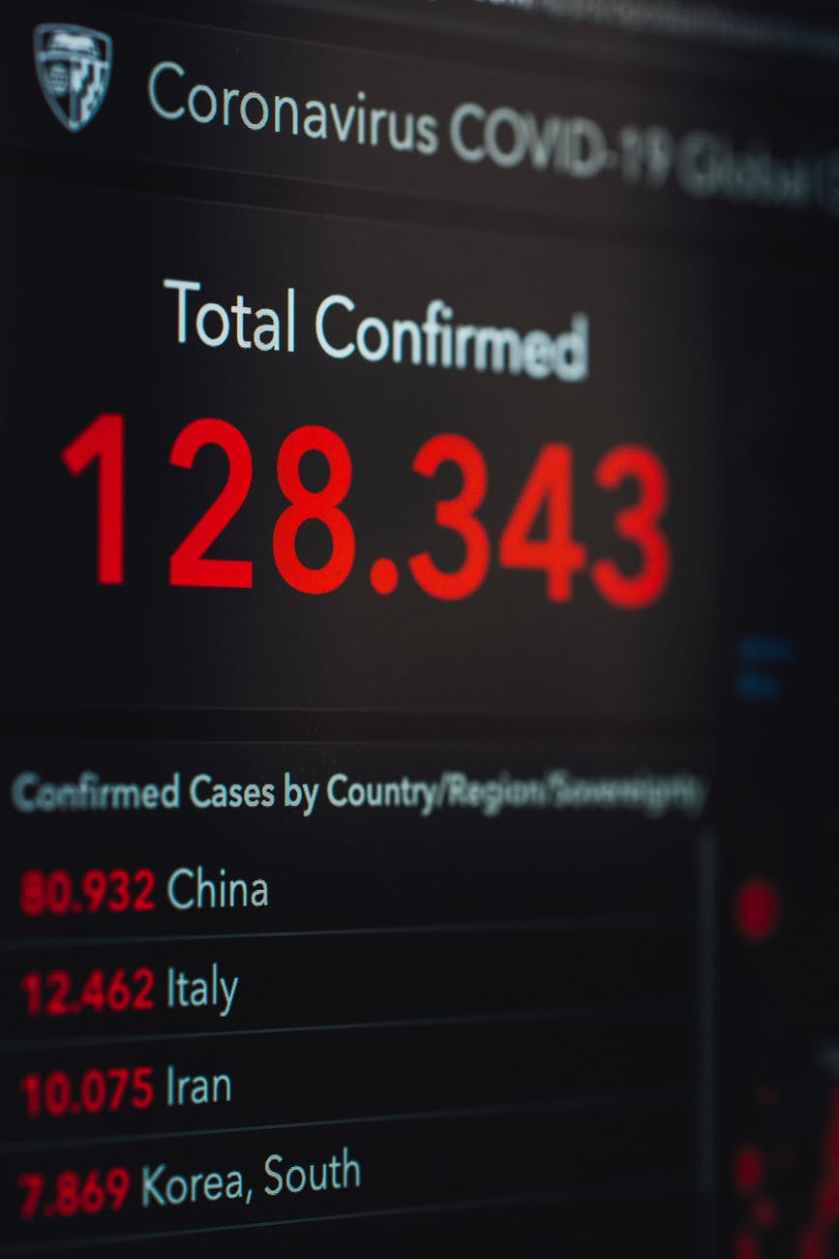
With effects of the Coronavirus pandemic already gripping the globe, and the resulting economic and business impacts of the virus, a follow – on epidemic of insurance litigation over whether COVID-related losses are insurable, covered events is certain to follow. The first case, in fact, has already been filed.
In Cajun Conti LLC v. Certain Underwriters at Lloyd’s London, filed in the Civil District Court for the Parish of Orleans, Louisiana last week, a New Orleans restaurant seeks a declaratory judgment against Lloyd’s of London and the state of Louisiana that Lloyd’s owes business interruption coverage under an “all-risks” business insurance policy it issued to the restaurant for COVID-related business losses.
In the case, the insureds claim that there are no applicable exclusions in the policy relating to quarantine or pandemic, and therefore the all-risks policy written by Lloyd’s is answerable for the insured’s likely but as yet unproven losses caused by government-imposed shut downs or limitations in the operations of businesses, including limits on the number of persons permitted at a gathering.
Business Interruption Coverage
A key early legal issue which looms in that case is whether the virus or its consequences constitute a “direct physical loss,” which is a prerequisite for coverage under the standard and most Business Interruption coverage endorsements. And while it is far from certain how the Court will rule at this point, the filing does portend what is sure to be an onslaught of coverage disputes in terms of both first party and third party claims, as well as special events coverage.
In the recently filed Louisiana case, the insured restaurant claims that the closing of its property was caused by direct physical loss caused by the virus. This is likely to be the key battleground in the flood of business interruption claims which looms just beyond the horizon, i.e,, whether COVID-19 closures and limitations constitute insurable events arising out of “direct physical loss.”
In preparation for what is to come, insurers should scan their business policies for not just the precise terms of their Business Interruption endorsements, but also for potentially applicable exclusions such as exclusions for infectious disease, outbreaks, microorganisms and other epidemics. This is an available ISO exclusion. However, even if such exclusions appear in the policies in question, it is also possible that state legislatures, and even Congress may at some point attempt to override and limit the applicability of such exclusions for COVID-19. That is yet another battleground.
Third-Party Claims: More Questions Than Answers
In addition to first party claims relating to business interruption, third party liability claims for illness and injury caused by businesses which fail to adequately safeguard against COVID-19 contamination are likely to blossom. Insureds will undoubtedly tender such claims made against them to their general liability insurers for defense and indemnity. In turn, this will obligate insurers to undertake thorough policy and claims reviews, including examination of possible exclusions and limitations of coverage.
For example, are claims of mental or emotional distress for COVID-19 illness, apart from physical injury, covered by the definition of “bodily injury” in CGL policies? Does such a claim involve an “occurrence” as defined in the policy if the insured was already on notice of the need for precaution? If so, how many occurrences have been triggered, or is it a single occurrence pursuant to continuous trigger provisions of the occurrence definition of the policy? Or, stated another way, what did the insured know, and when did they know it, and does this knowledge mean the loss in question was not a fortuitous event which liability insurance is intended to address?
Going yet further, will CGL pollution, fungi, and bacterial exclusions provide a basis to deny defense and indemnity outright, or require defense under a reservation of rights? Did the insureds timely provide notice of any such claims, or take any action in violation of the policies terms and conditions, including the duties in the event of a loss?
Given the high stakes, the use of best practices in thorough claims investigation will be a must in handling these types of claims.
Mass Cancellation of Public Events
While less common than business or CGL insurance, policies insuring against the cancellation of public events such as sporting events, concerts, and shows will also be implicated by the COVID-19 outbreak.
Careful examination of the coverage triggers and conditions and exclusions in such policies will be necessary, as will be a fact-intensive, case by case claims evaluation. Some policies will contain communicable disease endorsements addressable to COVID-19 losses, but some may contain exclusions, and some very recent policy issuances may even contain specific COVID-19 outbreak exclusions. Decisions of local government and law enforcement entities which may have required event cancellation will have to be examined, as these declarations may implicate coverage under event cancellation insurance.
Looking Ahead
COVID-19 insurance coverage claims are in their infancy, but they are sure to multiply. Insurers must make careful examination of the applicable policy language, and undertake painstaking claims evaluations, in order to comply with their duties of good faith and other statutory and regulatory obligations when processing COVID-19 claims.
To access our firm’s knowledge base of technical and legal research on COVID-19 insurance coverage claims, or for copies of the Louisiana COVID-19 suit discussed in this post, reach me at chaddick@dmclaw.com or 717-731-4800.
